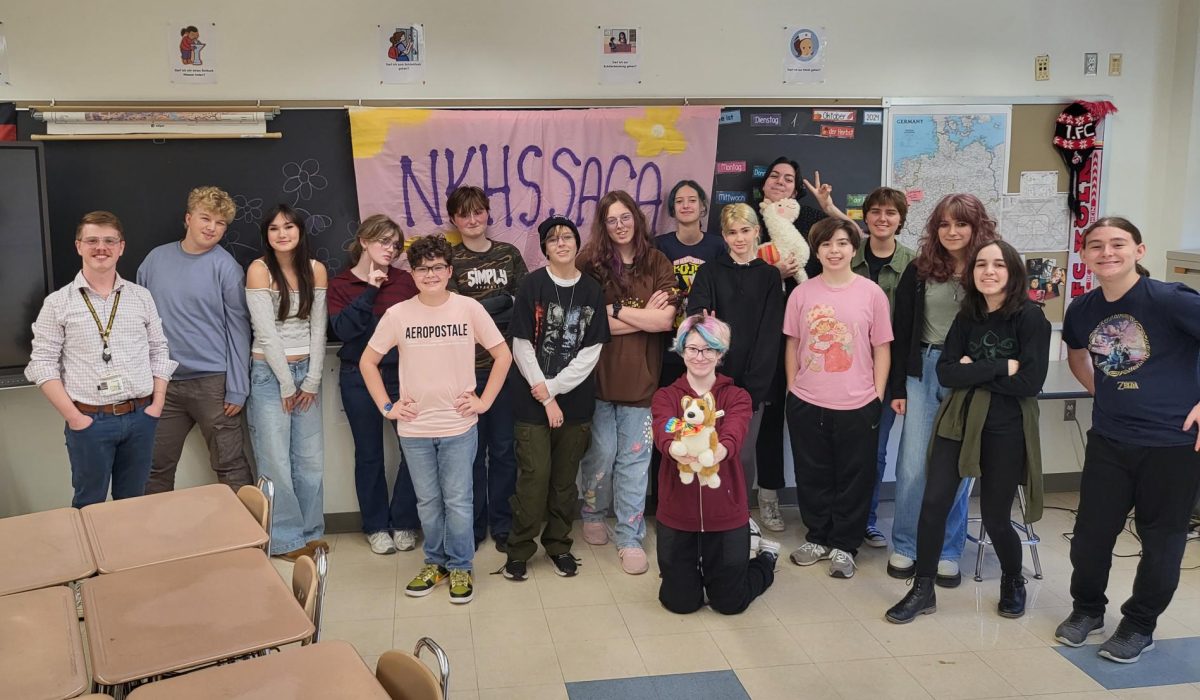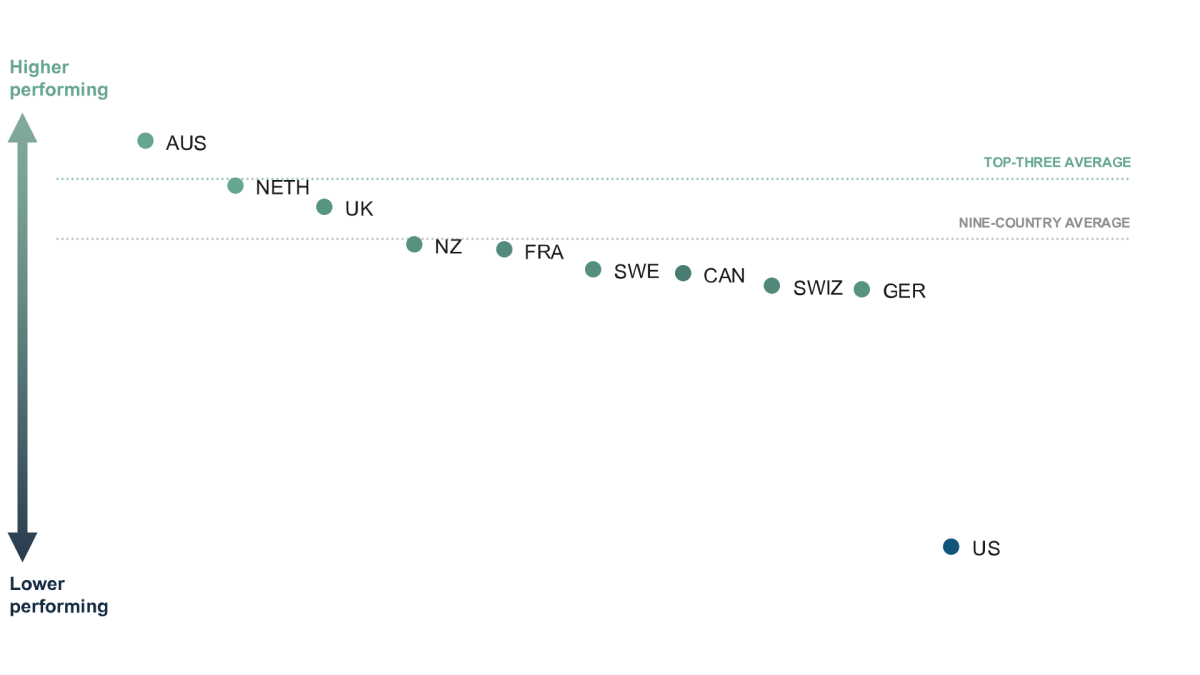Should we support Kanye West?
January 25, 2023
“I don’t care about other people’s Spotify Wrapped,” grumble many annoyed friends of mine as they scroll through endless Instagram stories filled with summaries of their peers’ listening habits. I, like a lot of other people my age, take pride in my taste in music. I love sharing songs and artists I enjoy, so you’ll naturally find me posting my Spotify Wrapped and becoming immersed in discovering who my peers’ top artists are. I saw a lot of the same names: Taylor Swift, Kid Cudi, Phoebe Bridgers, Bruno Mars, and, surprisingly, Kanye West.
Truly, I shouldn’t have been too surprised. Ye (who legally changed his name from Kanye West last year) only began making public antisemitic remarks in October, so someone who listened to a lot of his music January – September would still have Ye featured as one of their top artists, right? Right. But I was again surprised to find that a lot of my friends continued listening to his music even after he publicly praised Hitler.
“Should I cross out his name? Does it even matter if I listen to his music? It won’t change his views,” some people certainly thought as they decided to white out his name in their Spotify Wrapped summaries. The question they’re essentially asking, and the question I’ve been asking myself for the last year, is: is it morally wrong to enjoy and support art made by morally questionable people?
When asking this question, we must first define what constitutes a “morally questionable” person, which is obviously different for everyone. I personally consider someone who sympathizes with Nazis and claims that the Holocaust didn’t exist a “morally questionable” person, at the very least. I also consider people who refuse to accept trans women as real women “morally questionable,” which places my enjoyment of Dave Chappelle’s comedy specials and the Harry Potter series under attack.
Some members of my family don’t consider these people’s morals to be questionable. If Chappelle’s morals don’t affect them, then it seems that they’re free to enjoy his comedy shows. Still, Chappelle is one of the biggest comedians right now; his comedy special “The Closer,” in which he said that “gender is a fact” and that trans women should not be considered real women, was streamed for 339 billion minutes. Everyone has the right to their own opinion, but when people have influence over so many people, their opinions shouldn’t harm others.
I can’t stop Dave Chappelle from spreading harmful rhetoric about trans people. But I also don’t need to support and spread the message of his specials.
But things get more complicated when the art itself doesn’t contain the morals of the artist. Reading the Harry Potter books, you wouldn’t assume the author felt hostile about trans women — in fact you’d probably think the opposite. A story kid living in a home that doesn’t accept them and discovering his identity, a new world, and family almost seems like a queer allegory, but alas.
J.K. Rowling didn’t reveal her controversial beliefs until after many readers (including myself) had grown attached to her books. So are we supposed to abandon our love for the book series to show solidarity with trans women? We certainly can, but I don’t think it’s completely necessary. If enjoying the art doesn’t feed into their rhetoric or agenda, I think we can enjoy it. I’m not going to buy new copies of the books or watch the new Fantastic Beasts movies (aside from the fact that they’re terrible movies) or give her any more money, but I’m not going to stop reading and enjoying the copies I’ve already bought.
Still, if the views of these creators or artists are too upsetting for you to continue supporting their work — there are other ways to help those that they oppose. If an artist is against trans women or makes severely misogynistic statements, start volunteering at a women’s shelter. If they target certain minority groups, donate to funds supporting the well-being of those minority groups. It’s perfectly fine not to support artists because of their beliefs, but don’t do it just to pretend you care about certain social issues.
I understand that some people view any form of support of an artist — just reading or listening to their work, regardless of whether or not the artist gains money or power from it — is condemnable and shows indifference to progressive politics, but I think it’s important not to police ourselves too hard about these issues. Everyone has the right to enjoy what they want to enjoy, and that means that we can enjoy art created by polarizing artists, but that that art should not detract from the safety and happiness of other people.
It’s important to have a strong moral compass and to follow it well, but that moral compass doesn’t need to interfere with our happiness. Sometimes it’s difficult to reconcile that our favorite pieces of media were made by some pretty strange people; if ignoring that strangeness doesn’t cause any harm, then I see no problem in ignoring it. I love Call Me By Your Name, but it’s so difficult to watch it after learning about Armie Hammer’s cannibalism / sex ring scandal. However, if I just pretend that I’m not watching Armie Hammer on screen and I’m instead just watching his character, it’s much more enjoyable.
We also have to keep in mind that artists are humans and humans make mistakes. In his comedy special Inside, released last year, Bo Burnham acknowledges the edgy and often homophobic and misogynistic comedy he made as a teen, saying that his mistakes have allowed him to mature and make more progressive comedy. Still, giving artists, especially white, cis, male artists second chances leaves less room in the spotlight for female, BIPOC, and other minority artists.
Whether or not we choose to support artists is a decision we get to make for ourselves. My guidelines and my opinions on what is right and wrong could completely differ from yours. But, as humans, we should always try to show respect for one another, meaning we should respect others’ opinions even when they oppose our own, BUT, at the same time, we should try with all our power to support artists that respect other people.











